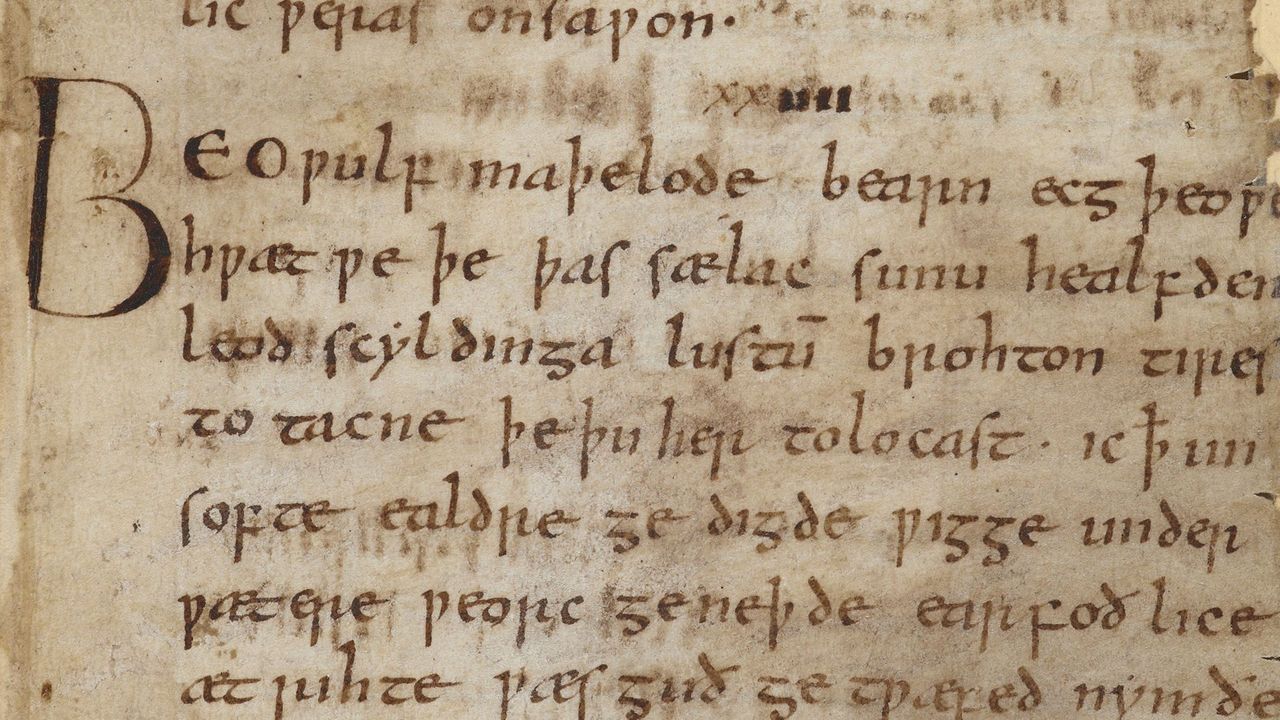
Etymology is a linguistic discipline that studies the history of words. It examines how words arise and evolve over time, how their forms and meanings change, how words become obsolete. The course is divided into three blocks. Block-1 is devoted to the general problems of diachronic linguistics and, in particular, to methods of etymology. It explains how and why words change and investigates complex genetic relationship between various languages. Several lectures will be devoted to historical-comparative method in linguistics applied to Germanic languages. Block 2 is devoted to major types of sound changes (assimilation, dissimilation, deletion, incretion, and other) and to the major sound changes in the history of English (i umlaut, Great Vowel Shift, r-loss, and other) and their influence on the vocabulary of the English language. Block 3 is devoted to semantic change and borrowing. It covers the highlights of historical semantics, in particular, the different types of meaning change. For instance, such changes as nice ‘foolish and silly’ > ‘pleasant, kind’, sell ‘to give’ > ‘to give in exchange for money’, and others will be explained and classified. Several classes will cover lexical borrowings – how to distinguish borrowings from cognates and the major reasons for borrowing from one language to another. A part of our discussion will be devoted to the social factors that trigger major and minor changes in the lexicon. From a practical point of view, students will learn how to use etymological dictionaries and how to analyze lexical data from a historical perspective through various assignments, quizzes and exercises.
- Moderator/in: Maria Flaksman
